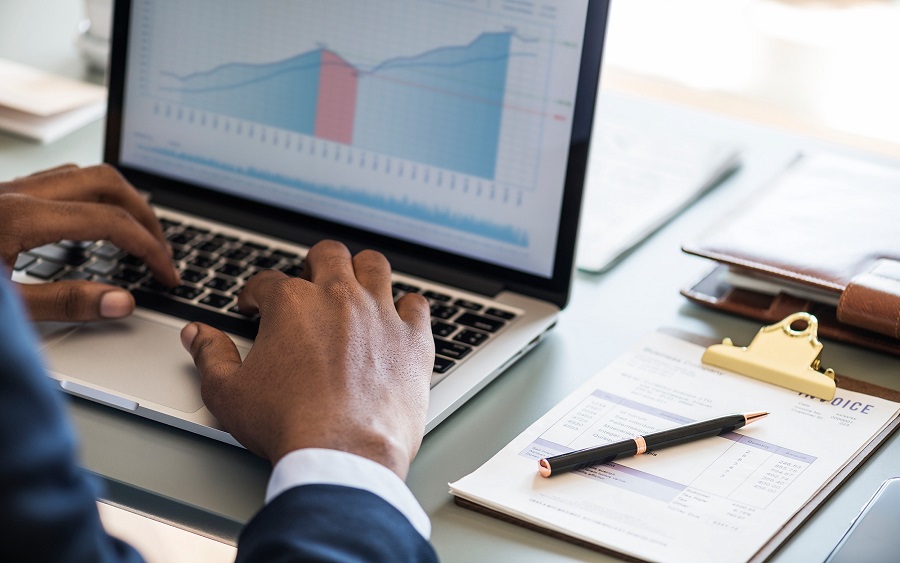The balance sheet is one of the primary financial statements that can be used to manage your business on both a long-term and daily basis. While you may delegate the preparation of the balance sheet to an accountant or bookkeeper, it represents your business, so you should understand how to read and use it.
Business owners and CEOs often overlook their balance sheets in favour of the income statement, or profit and loss (P&L) statement, which is pillar of management. At a glance, the income statement reveals revenue, maybe gross profit, and net income but taking the time to zoom out and look at the big picture is a chance for you to evaluate your business.
- Are things working as you expected?
- Should you make changes to your strategy?
Why do a monthly balance sheet analysis?
Your balance sheet gives you an at-a-glance view of your business’s assets (what you own) and liabilities (what you owe). Your balance sheet also tracks owner and shareholder investments (equity), but that’s less important for most small businesses to keep an extremely close eye on.

Your balance sheet complements your profit and loss statement and your cash flow statement, to give you a complete financial picture of your business. Here are the questions your balance sheet can answer for you that your other financial statements can’t address:
- How much money is in the bank?
This is probably one of the most frequent and most important questions that business owners ask themselves. Knowing what you have in the bank is the key to most financial decisions. The amount of cash that your business has on hand is listed in the assets section of your balance sheet and is classified as a “current asset.” Current assets are cash and other things that you can quickly turn into cash to pay your bills.
[READ MORE: Is there a legitimate Nigerian business that can guarantee 5-10% monthly interest?)
- Are you owed money?
Keeping track of how much money you are owed is also an important part of your financial position. You will find this number in the “accounts receivable” row on your balance sheet. If your customers don’t pay you in cash – you send them invoices and they pay later – this is where you will find what’s owed to you.
- How much inventory do you have on hand?
If you sell products, you deal with inventory. While your balance sheet doesn’t tell you exactly what products you have on hand and how many of each, it does tell you the value of that inventory. Keep in mind that the value of the inventory listed on your balance sheet is what you paid for that inventory, not what it might be worth if you sold it to customers. Inventory is a current asset because the assumption is that you can convert that inventory into cash relatively quickly.
- What other assets do you have?
If you have other assets, both other current assets and what are called “long term assets,” you will also find those listed on the balance sheet. Long term assets are things that you would typically hold for a longer period of time and are more difficult to convert into cash.
- What bills are outstanding?
Just like you will want to keep a close eye on who owes you money, you will also want to track how much money you owe to your vendors. Those accumulating bills will show up on the “accounts payable” line of your balance sheet. How much cash you have in the bank and how much your customers owe you will likely be factors, as you consider how quickly you want to pay those bills.
- How much do you owe?
In addition to bills from your vendors, your business is probably accumulating other debts. Those are called “current liabilities” and will show up on your balance sheet in that section. Everything that you owe will total up in the liabilities section of your balance sheet, showing you exactly how much your business owes.
Balance sheets are really all about comparison
Learn the following three keys to reading balance sheets to make the most of them:
- Begin by Tracking Equity Trends
Equity is the summary and culmination of everything that happens in your company. Over time, it reveals how well you are managing your company’s value. Use balance sheets distributed at the end of each period to track your company’s equity, which is the net worth of the business.
Equity = Assets – Liabilities + Net Income
- Consider Changes in Assets and Liabilities
After using assets and liabilities to calculate equity, consider them individually. These numbers on their own will reveal to you where your company’s cash goes each week, month or year. You can determine whether or not your company is growing by comparing these numbers from balance sheet to balance sheet. If assets increase more than liabilities, then the company is growing. If liabilities increase more rapidly than assets, then the company is losing value (equity). With this simple comparison, you can quickly assess how well you are managing the business.
[READ ALSO: Solomon Udoh’s experience is why you should monitor your investment performance constantly)

- Determine Your Liquidity by Calculating the Current Ratio
The current ratio also referred to as the working capital ratio, reveals a company’s liquidity or its ability to repay debts (both long-term and short-term obligations) by comparing all of a company’s liquid and illiquid assets to the company’s total liabilities. This ratio reveals much more than simply looking at your cash on hand from a balance sheet because total assets in the current ratio also includes receivables.
Current Ratio = Current Assets / Current Liabilities
A current ratio greater than one generally expresses a healthy financial state. A ratio above one means the company has more assets than liabilities and should not have a problem repaying debts or covering expenses.























